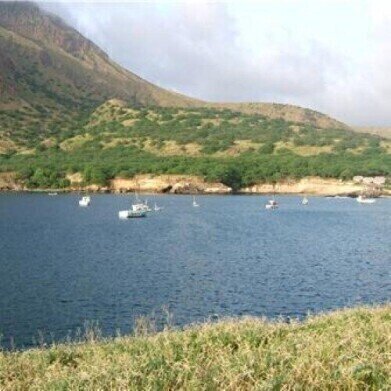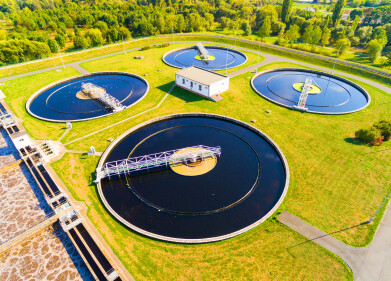Water/Wastewater
Which are the Most Polluted Rivers in England?
May 31 2023
A groundbreaking study discloses that over 75% of England’s water bodies, including rivers, lakes, and ponds, are contaminated by hazardous chemical mixtures detrimental to wildlife.
This pioneering research is the first to focus on the widespread presence of the five most alarming chemical cocktails. These mixtures, resulting from interaction between different chemicals, prove more destructive than the individual components. The damaging effects range from impairing growth and functionality of aquatic life, causing fatalities, to endangering embryos. The impact of these chemical cocktails on humans interacting with the polluted water is less established but likely harmful.
“The findings unveil the disturbing extent of these toxic chemical mixtures contaminating rivers nationwide,” remarked Rob Collins, Head of Policy and Science at the Rivers Trust. “Our waters are becoming a hotbed of chemicals originating from diverse facets of our lives, escalating the chemical cocktail concentration in our waters,” he added.
England’s Top 5 Most polluted Rivers
-
The Chelt, Cheltenham: Known for its scenic beauty, the Chelt River in Cheltenham carries a heavy burden of chemical pollutants. The latest research indicates the presence of all five investigated chemical mixtures in its waters.
-
The Derwent, Yorkshire: Despite its significant heritage and environmental importance, the Derwent in Yorkshire suffers from high chemical contamination levels. The research found the presence of multiple toxic chemical cocktails in its waters.
-
The Trent, Staffordshire: The Trent River, which flows through Staffordshire, also made the list of the most polluted rivers. It has shown worrying concentrations of the hazardous chemical mixtures under investigation.
-
The Exe, Devon: The Exe River in Devon, known for its stunning landscapes, has also been tainted by the widespread presence of chemical cocktails. This pollution is contributing to significant ecological distress.
-
The Ouse, Lewes East Sussex: The Ouse River in Lewes, East Sussex, carries a high load of harmful chemical mixtures. The research has pinpointed this river as one of the most chemically polluted water bodies in England.
The above rivers are among the most polluted, but it's important to note that these issues extend across a vast number of England's water bodies, reflecting a nationwide problem requiring immediate attention.
According to the study, conducted by Wildlife and Countryside Link and The Rivers Trust, 81% of the analysed water sites contained the five chemical cocktails. Over half of these sites held three or more mixtures.
Though the study focused on England, the researchers believe this issue extends across the UK. The majority of these chemicals, often found in protective coatings and cleaning products, are classified as “forever chemicals” due to their near indestructible nature. While some have been prohibited, they persist in UK waters.
Chemical mixtures were found in rivers like the Chelt, Derwent, Trent, Exe, Ouse, Wansbeck, and the Yare. Richard Benwell, Wildlife and Countryside Link’s CEO, stated, “This research underlines that the combination of pesticides, pharmaceuticals, and forever chemicals is polluting rivers nationwide, endangering wildlife and public health.”
Several charities, including Wildlife and Countryside Link, The Rivers Trust, Surfers Against Sewage, and others, have kick-started the “Chemical Cocktail Campaign.” This campaign implores the government to adopt a more aggressive stance on chemical regulation.
The campaigners urge the government to include regular checks for chemical mixtures in its impending UK Chemicals Strategy. They also advocate for new legal protections against chemical mixtures, mandating evaluations of potential impacts of chemical mixtures before authorising new chemicals.
“The chemical cocktail in our rivers spells disaster for nature and future generations. Everything from the clothes we wear to the medicines we use contributes to this issue,” warned Ellen Bradley, co-director of UK Youth For Nature.
Digital Edition
IET 34.2 March 2024
April 2024
Gas Detection - Biogas batch fermentation system for laboratory use with automatic gas analysis in real time Water/Wastewater - Upcycling sensors for sustainable nature management - Prist...
View all digital editions
Events
Apr 30 2024 Melbourne, Australia
Apr 30 2024 Birmingham, UK
May 03 2024 Seoul, South Korea
May 05 2024 Seville, Spain
May 06 2024 Minneapolis, MN, USA


















